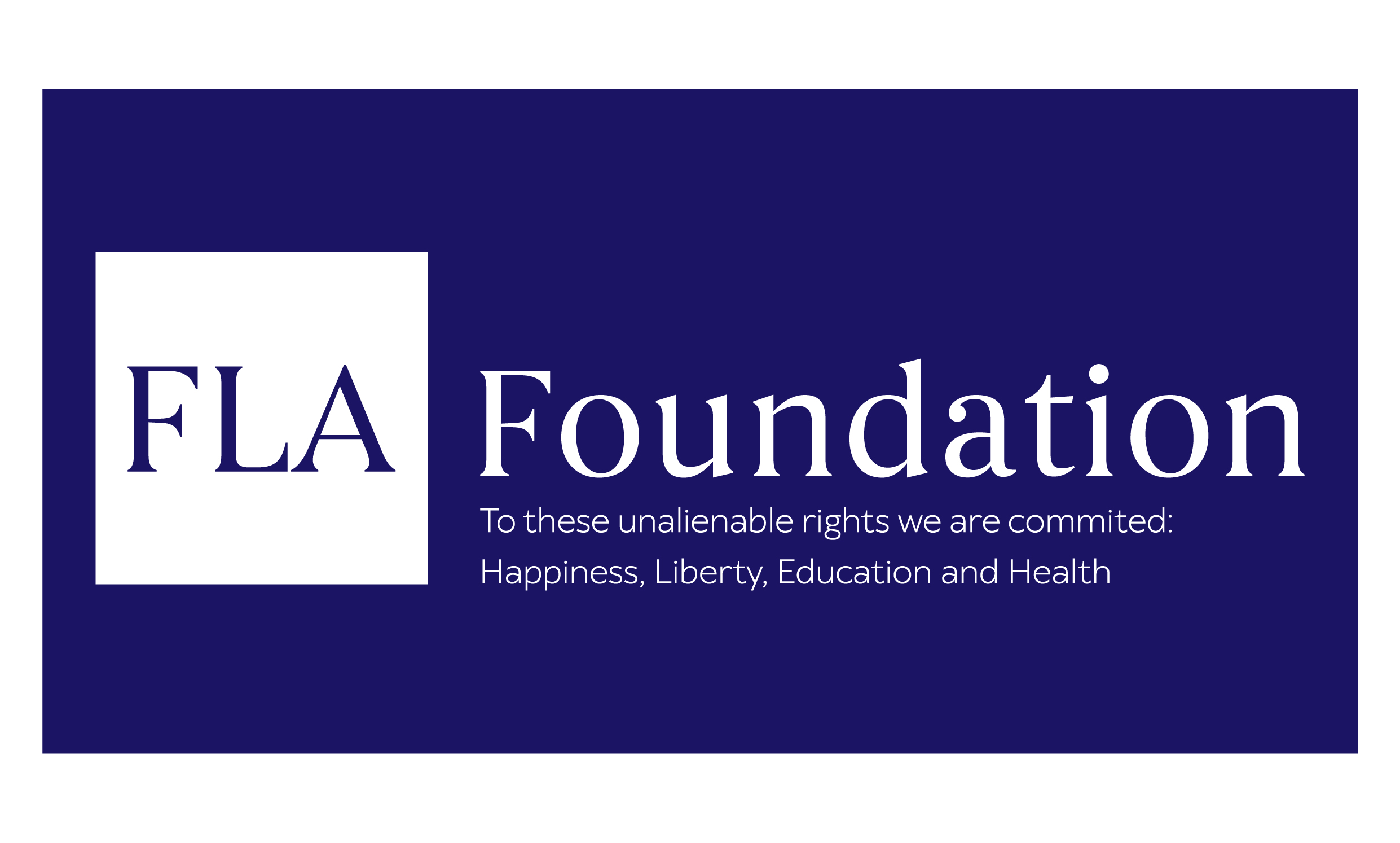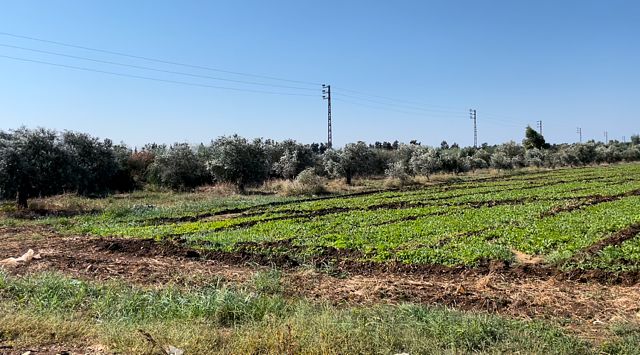
Fair Trade Lebanon Empowers Smallholder Farmers Through Trainings
01/03/2022|Chérine Yazbeck
Since its creation in the aftermath of the 2006 war, Fair Trade has been implementing agricultural development activities strengthening the production of products while improving the working conditions of the producers and their employees alike. Fair Trade often carries sessions of trainings that directly impacting on production quality and efficiency. Its goal is to ensure sustainable livelihoods for farmers and producers in all parts of the country. Fair Trade Lebanon has been running several internationally funded trainings last fall 2021 to help farmers decrease their dependency on imported livestock forage that have become expensive since the October 2019 crisis.
For Chadi Saker, a veterinary expert in animal feed, it is ‘essential to teach farmers how to become autonomous and not to rely anymore on imported food.’ For Mr. Chaker, his expertise will help small-scale farmers save money as he is providing a ‘recipe’ to improve the quality of animal feed for cows, sheep and goats.

As the exchange rate of the dollar against the Lebanese lira continues its rise, farmers are struggling to survive the country's dire economic crisis.The sector contributes 5% of GDP, however little investment is done in this industry. Agricultural production satisfies only 20% of the local demand.
In this period of turmoil when access to raw material will become scarce due to the war in Ukraine, Lebanese farmers can gain autonomy through training provided free of charge. Farmers learn how to better manage both the business and agricultural aspects of their farms.
Farmer Abdelkader Ali, who owns a family business in Halba, believes that specialist knowledge helps decrease the cost of animal feed as they learn how to process the right food for their cattle. In addition to that, ‘we learn how to come up with the right mix that suits best our stock. It is also a reduced cost as we won’t need to import animal feed that we can grow locally. It is both ecological and economical’, he reckons.

For Mr. Saker, producing suitable quality forage requires a comprehensive study in nutrients content and it prevents further diseases such as the traditional ruminants’ digestive disease. ‘We must grab the opportunity to grow locally food that can be perfectly suitable for ruminants. Farmers can save money by buying locally in Lebanese pounds and by feeding their cattle with better food prevent disease that can impact in a negative way on the milk and the meat production’ he explains.
Lebanon has the highest proportion of arable land in the Arab world with more than 200,000 hectares. Unfortunately, the agricultural sector is underfunded and underdeveloped, hindered by a lack of modern equipment and inefficient production techniques.
Global food prices are rising since 2021 due to higher energy prices to climate change. Food producers are under further pressure as prices of key inputs rise now. Stepping up production in Lebanon could help to reduce the impact of interruptions to food supplies. Therefore, domestic production is essential to ensure food safety.
Mohamad Al Asad, an animal feed producer has been following trainings with great interest. ‘It is important to produce the best possible mix as it improves milk production and keep the animals healthy. Unfortunately, Lebanon imports barley, soya and corn seeds. We only grow wheat. I am trying to grow crops locally to become autonomous and lower the dependency on the hard currency’ he says.

The livestock sector is a pillar of the country’s food system and a contributor to food security and agricultural development.
Fair Trade Lebanon with Care Liban (Project Afdal II)
ARTICLES SIMILAIRES
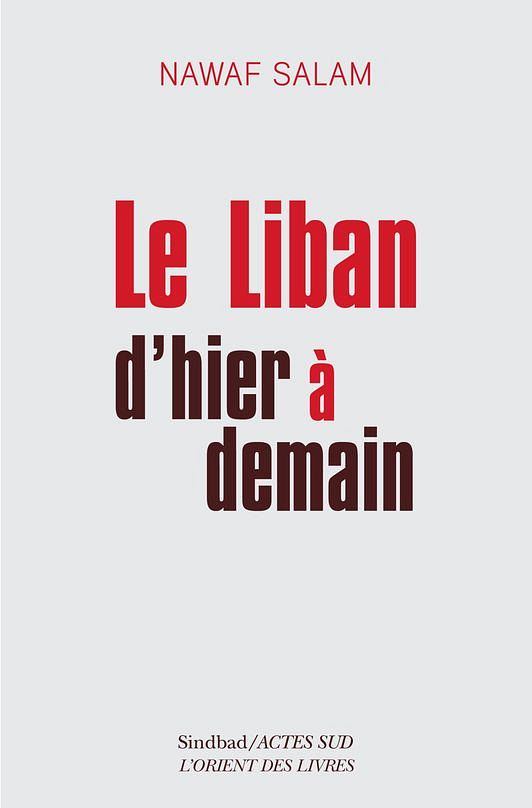
Le Liban d’hier à demain par Nawaf Salam
Zeina Saleh Kayali
14/01/2025

Transit Tripoli : Un vibrant tangage
Maya Trad
19/06/2024

« The School of Life » ou le camp d’été transformatif
Nadine Fardon
19/06/2024
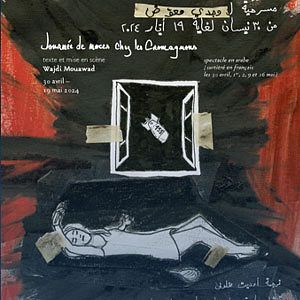
Annulation de la Première mondiale de "Journée de Noces chez les Cromagnons"
11/04/2024
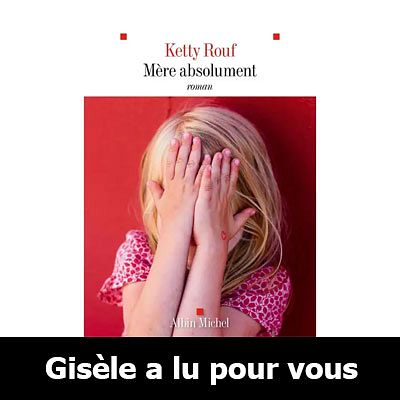
Lecture 79 : Ketty Rouf, Mère absolument
Gisèle Kayata Eid
11/04/2024
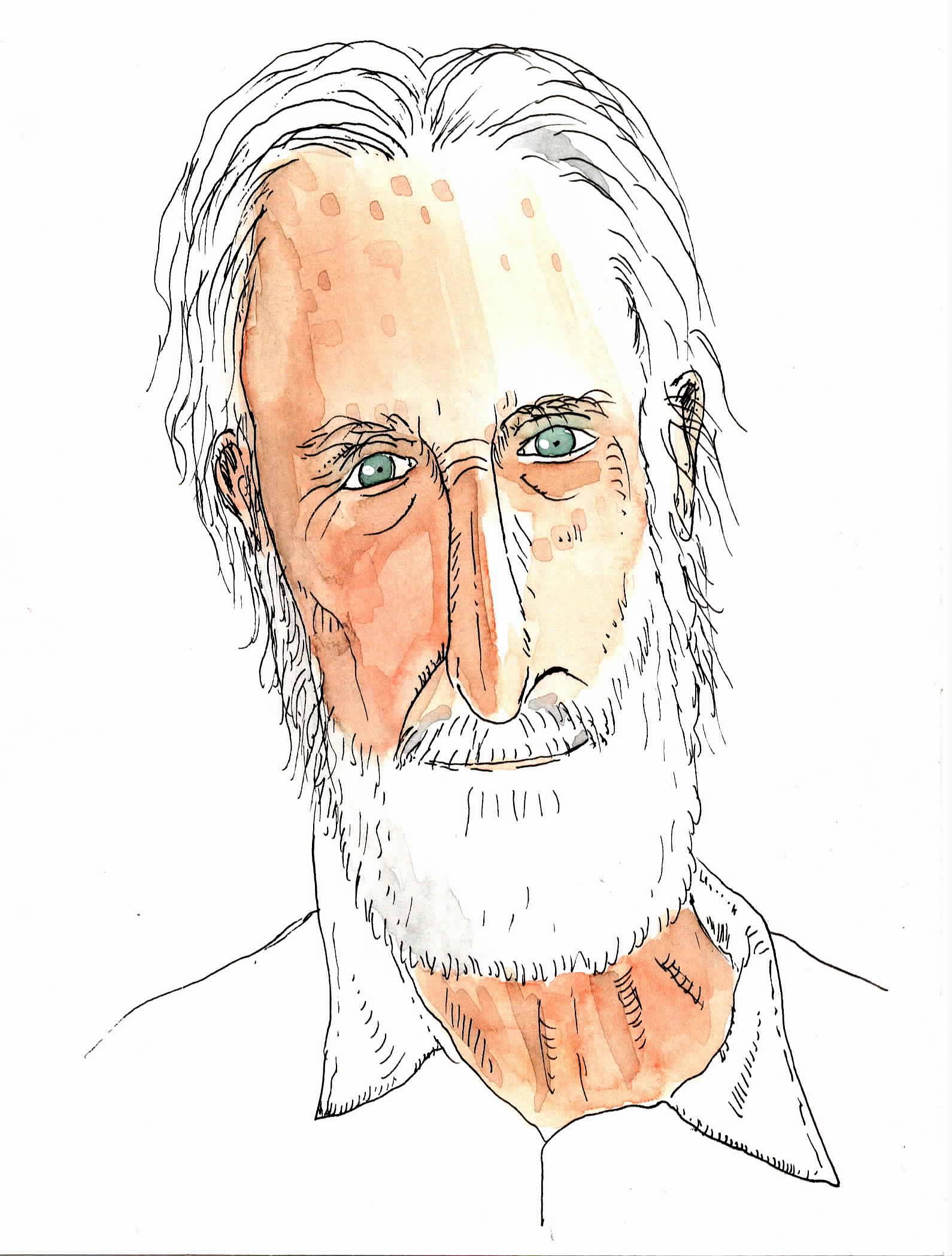
Le voyageur
Olivier Ka
10/04/2024

Des écrans aux idéaux: Beirut International Women Film Festival
09/04/2024
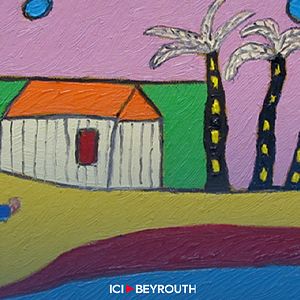
L’univers onirique de Yolande Naufal à Chaos Art Gallery
09/04/2024
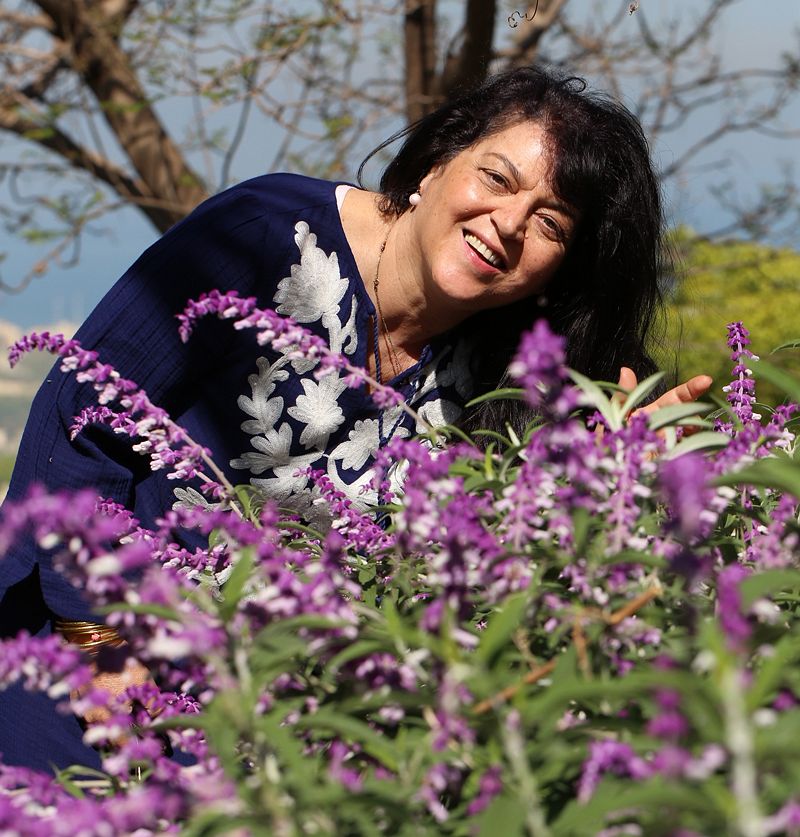
De miel et de lait, une histoire douceur du Liban
Garance Fontenette
09/04/2024
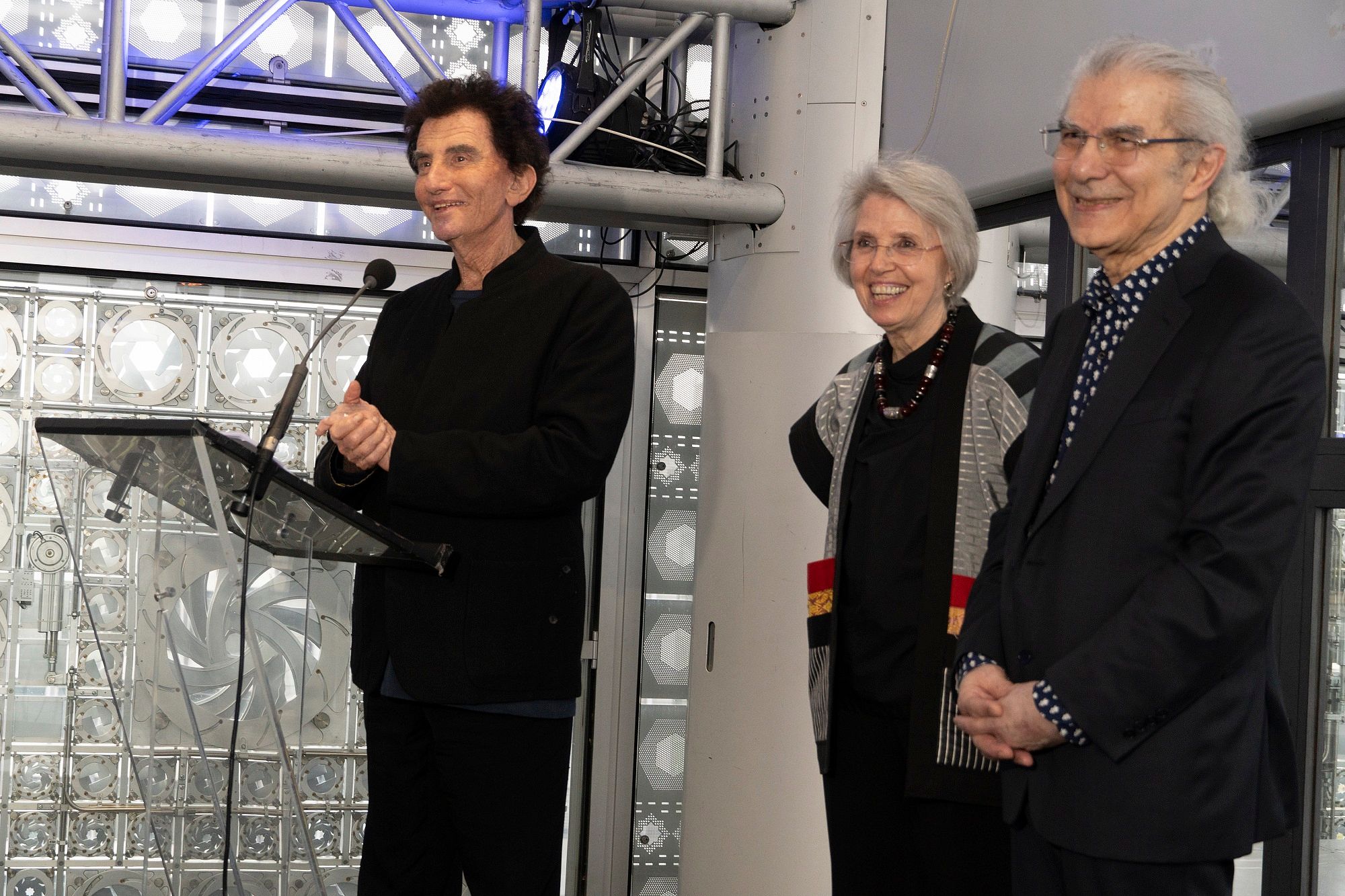
Claude et France Lemand Chevaliers de la Légion d’honneur
08/04/2024
